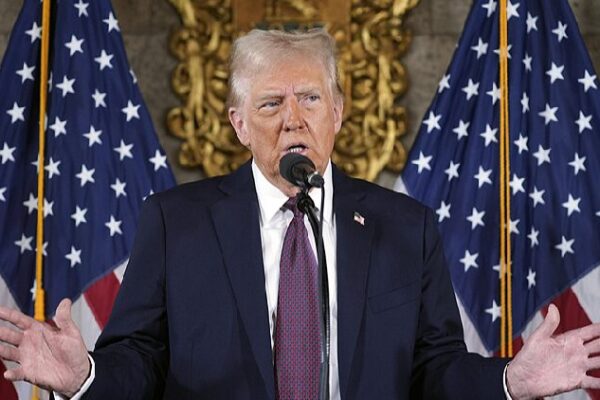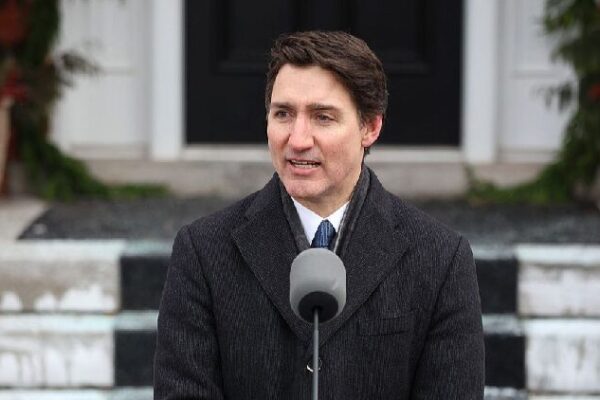Washington D.C. — U.S. President Donald Trump granted a temporary reprieve on auto tariffs Wednesday after discussions with major American automakers, but a phone call with Canadian Prime Minister Justin Trudeau yielded no immediate progress on broader trade disputes.
Following meetings with executives from Stellantis, Ford, and General Motors, Trump agreed to delay the imposition of tariffs on automobiles entering the United States under the United States-Mexico-Canada Agreement (USMCA) for one month. “They made the ask, and the president is happy to do it,” White House Press Secretary Karoline Leavitt told reporters.
The announcement spurred a rally on Wall Street, with shares of the three automakers surging over 6 percent. The American Automotive Policy Council praised the president’s decision, expressing hope for a more permanent solution.
However, hopes for a broader easing of trade tensions were dampened after Trump’s call with Trudeau. The U.S. president remained unconvinced that Canada had addressed concerns over the smuggling of fentanyl into the United States, despite data from both governments indicating that Canada contributes less than 1 percent of the illicit supply.
Trump’s sharp 25 percent tariffs on imports from Canada and Mexico, which took effect on Tuesday, have strained relations with America’s neighbors and sent global markets tumbling. In response, Ottawa announced immediate retaliatory levies, while Mexican President Claudia Sheinbaum plans to unveil her country’s response at a mass rally on Sunday.
Impact on Consumers
Consumers are bracing for potential price hikes on everyday items such as avocados, strawberries, electronics, and gasoline due to the new tariffs. In 2023, over 72 percent of agricultural products imported from Mexico to the United States were fresh fruits and vegetables, along with beer and other alcohol, according to government figures.
While Trump acknowledged that tariffs might bring “a little disturbance” to the U.S. economy, Leavitt defended his stance, stating that standing up to foreign nations “requires a little bit of disruption.” She added that the president is open to considering additional exemptions.
Earlier in the day, U.S. Commerce Secretary Howard Lutnick indicated that Trump is contemplating market segments where he could offer temporary relief. Economists warn that escalating tariffs could hinder economic growth and contribute to rising inflation.
“The administration needs to be cautious,” said economic analyst Maria Gonzalez. “Prolonged trade disputes can have ripple effects that impact not just the involved nations but the global economy as a whole.”
As negotiations continue, businesses and consumers alike are watching closely, hoping for resolutions that will stabilize markets and maintain the flow of goods across borders.
Reference(s):
Trump pauses tariffs for autos as Trudeau call yields no breakthrough
cgtn.com








